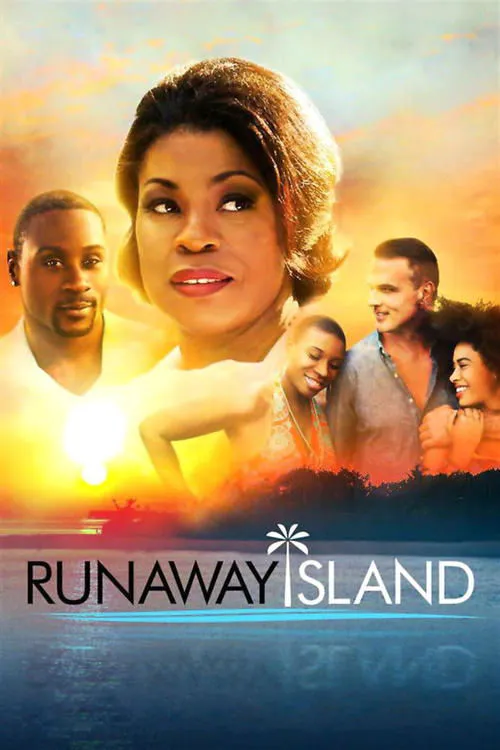Runaway Island

あらすじ
Runaway Island is a heartwarming and culturally significant film that explores the complexities of identity, community, and redemption. Directed by a rising star in the industry, this beautiful tale weaves together the lives of five individuals from different walks of life, each burdened by their own struggles and heartaches. Dr. Jamal Harris, a successful but disillusioned professor, is haunted by a painful past that continues to overshadow his present. His once-promising career has stalled, and he finds himself disconnected from his own heritage. Next is Sophia, a fiery and talented artist, who has lost her inspiration and passion in the wake of a recent breakup. Her creativity, once a beacon of hope and freedom, now seems stifled by the confines of her mundane routine. We also meet James, a former soldier struggling to cope with the traumatic aftermath of combat. He returns to the United States with nightmares and a deep sense of disconnection, unable to find solace in the world around him. Then there's Maria, a young and ambitious journalist, who has witnessed too much darkness and injustice in her pursuit of truth. Her desire to expose the harsh realities of the world has left her emotionally drained and isolated. Lastly, there's Elijah, a quiet and introspective poet, who has lost touch with his own voice and creative expression. His family's expectations and societal pressures have stifled his passion for art, leaving him feeling lost and uncertain about his place in the world. Each of these characters seems to be running away from their problems, desperate to escape the pain and heartache that has consumed their lives. It's against this backdrop that they find themselves on the island of Meroe, a hidden gem shrouded in African-American history and culture. Founded by a group of African American intellectuals and artists, Meroe has become a sanctuary for those seeking refuge from the world and connection with their roots. For these five strangers, the island represents a chance to reconnect with their past, tap into their creativity, and find meaning in their lives. Upon arrival, they are greeted by the warm and enigmatic host, Kwame, who takes them on a journey of self-discovery and healing. Through a series of transformative workshops, rituals, and ceremonies, Kwame guides the group through the rich cultural heritage of Africa, from the powerful drumming and dance of the Dogon people to the majestic symbolism of the Maasai tradition. As the strangers immerse themselves in the island's vibrant culture, they begin to share their stories, struggles, and dreams with one another. They find solace in their collective pain, realizing that they are not alone in their struggles. Through laughter, tears, and moments of profound connection, they come to understand that their individual stories are inextricably linked to the broader narrative of the African-American experience. Dr. Harris, Sophia, James, Maria, and Elijah begin to peel away the layers of their respective traumas, confronting the fears and doubts that have held them back. They learn to let go of their need for control and perfection, embracing the beauty of imperfection and the power of vulnerability. Through shared creative expressions and rituals, they find a sense of community and belonging they have been searching for. As they delve deeper into their own heritage and identity, they discover the richness and beauty of African-American culture. They learn about the resilience of their ancestors, who endured unimaginable hardship and oppression yet continued to create, dream, and resist. Through this collective journey, they come to understand that their experiences, though unique, are part of a larger tapestry of struggle and triumph. Through Kwame's guidance, they come to see that their individual struggles are not solely personal but also a reflection of the broader societal issues facing the African-American community. They begin to understand the interconnectedness of their experiences, the ways in which systems of oppression have shaped their lives and the lives of those around them. As they stand on the shores of Meroe, awestruck by the beauty of the African sun setting over the ocean, the strangers come to realize that they are not running away from their problems – they are running towards their true selves. They are rediscovering their cultural heritage, reclaiming their creative voices, and finding the strength to confront the world head-on. In the end, Runaway Island is a testament to the power of community, creativity, and African-American culture. It's a film that reminds us that our individual stories are threads in the larger tapestry of human experience, that our struggles are not in vain, and that together, we can overcome even the most daunting challenges.
レビュー
おすすめ


